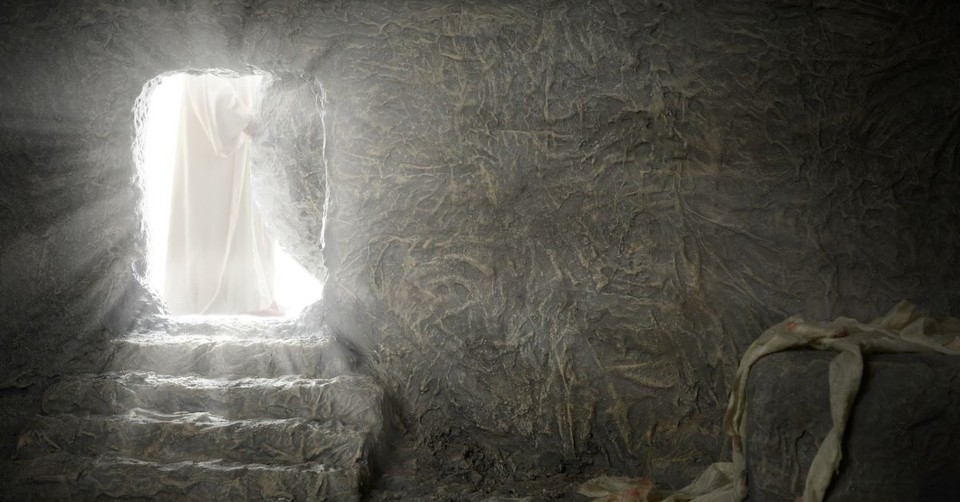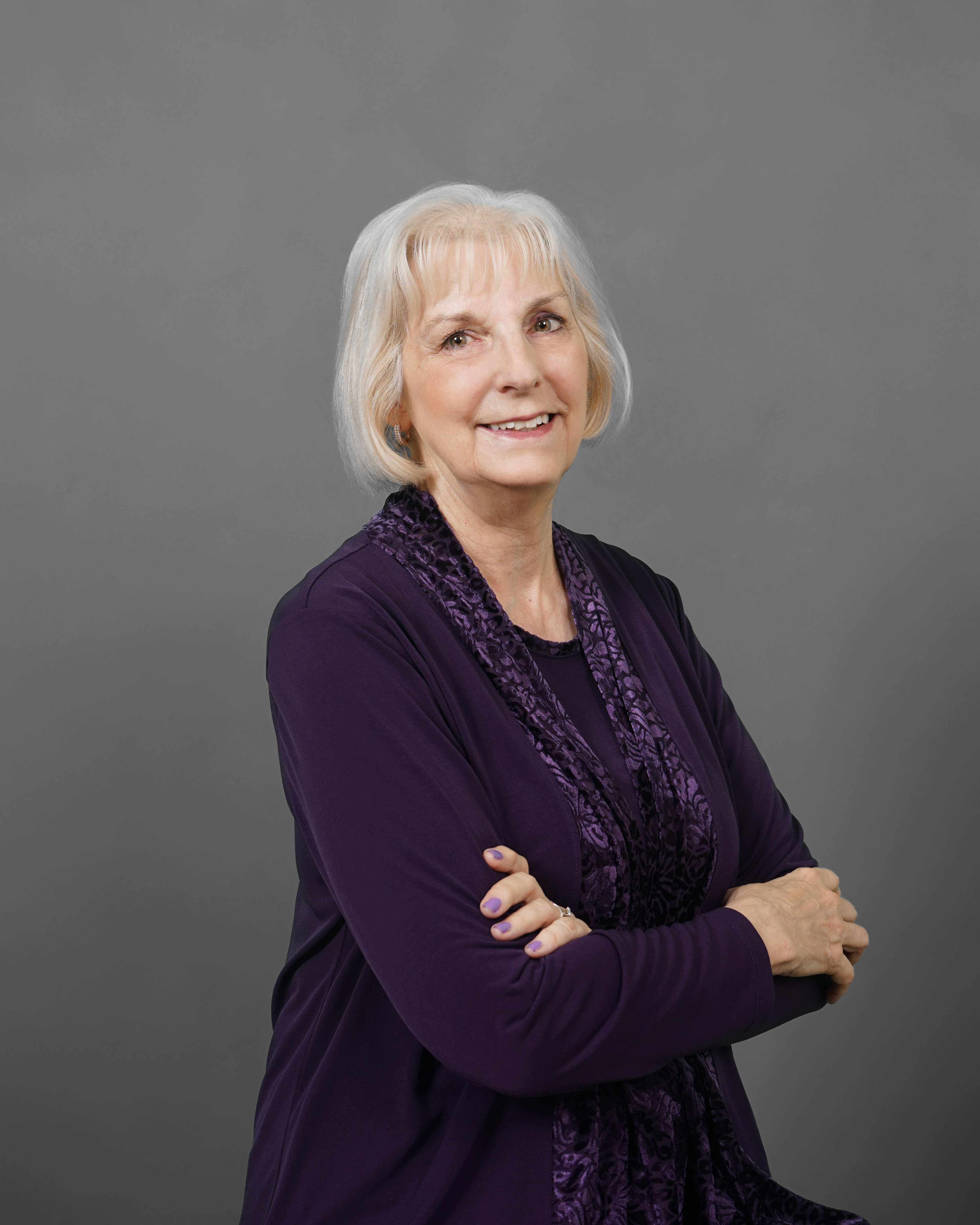Why Did Mary Not Recognize Jesus after His Resurrection?

After long hours of work, I walked out of my office ready to go home. The autumn season brought sunset earlier in the day and it was already dark outside. A lone figure loomed between me and my car. At first, I thought this man was just a person on his way to another building, but I noticed he didn’t move. The brim of his hat shadowed his face due to the overhead parking lot lights. Fear gripped me. I gave a wide berth around him as I headed to my vehicle. My heart pounded harder with each step I took.
Why doesn’t this man move out of my way? My hand caressed the pepper spray can I kept in my purse.
After my out-of-the-way walk around, the man’s voice called, “Aren’t you going to welcome me home?”
The stranger was my husband who returned from a military deployment without my knowledge. He was still wearing his camouflage battle dress uniform which made the appearance in the parking lot scarier.
Relief flooded my heart as I ran into his arms. While I babbled with joy, I also did the wifely thing of fussing at him a little bit for not letting me know he was returning that day.
He showed up at my place of employment at closing time with thoughts of surprising me. Well, he did surprise me, but not in the way he intended.
When Mary Magdalene went to the garden tomb, she received a surprise too. We can learn 5 things about recognizing God from her encounter.
1. Recognition Comes Through Expectation
While I encountered a person I wasn’t looking for, Mary Magdalene did too. She didn’t expect to see a living Christ.
She sought a dead man. She went to a cemetery to anoint a corpse.
Mary and the other women who came to the tomb had heard Jesus prophesy about His death and resurrection. Just like the disciples who had heard this over and over from Jesus, they didn’t get it.
He is not here; he has risen! Remember how he told you, while he was still with you in Galilee: ‘The Son of Man must be delivered over to the hands of sinners, be crucified and on the third day be raised again.’ (Luke 24:6-7 NIV)
When Mary saw the tomb was empty, she panicked and went to Peter and John to tell them the body was missing. They ran to the garden and saw nothing but grave clothes. We can give John credit for believing (John 20:8) but verse 9 says, “They still did not understand from Scripture that Jesus had to rise from the dead.”
All those involved were still relating to the horrible situation of the crucifixion according to their natural senses, not spiritual insight. Mental images controlled Mary. Spiritual enlightenment evaded her.
God is spirit, and his worshipers must worship in the Spirit and in truth. (John 4:24)
2. Recognition Can Be Blocked Due to Our Pre-Conceived Ideas
My fear prevented recognition of my husband. As long as I thought he was still away on a military assignment, my mind couldn’t comprehend he was the person in the parking lot.
When Jesus appeared to Mary, she saw a resurrected body, not the Man she had known before. She still had the image in her mind of the beaten, whipped, and bloody flesh that hung on the cross. She watched Him die. She saw Him buried (Mark 15:45; Luke 23:55).
She heard Him suck in His last breath. She mourned as the lifeless body was lowered from the cross and wrapped in linen by Joseph of Arimathea. She saw Him laid in a dark hole that was covered with a huge stone.
Near the cross of Jesus stood his mother, his mother’s sister, Mary the wife of Clopas and Mary Magdalene. (John 19:25)
Mary’s grief prevented her recognition of the Savior.
Before she could recognize Jesus, she had to believe He was alive. As long as she sought a dead body, she couldn’t find a resurrected Savior.
The two followers who walked with Jesus on the road to Emmaus didn’t know who Jesus was until He revealed Himself through Scripture (Luke 24:32). They still visualized Him as dead.
And Thomas had to see and touch Jesus before he would believe that the One he had followed for three years was alive (John 20:28). Even after the other disciples testified that the Lord was alive and they had seen Him, Thomas’s mind was still on the crucifixion.
3. Recognition Comes Through Personal Encounter
After Mary’s trip to Peter and John, she obviously went back to the tomb because John 20:11 tells us she stood outside the grave and wept.
A Man spoke to her and asked why she was weeping. She still did not recognize this person and thought He was the gardener. But when the resurrected Christ called Mary by name, she immediately knew who He was. She was so overcome with joy that she clung to Him. And the two followers on the road to Emmaus had their eyes opened by the personal encounter from prophecies shared by Jesus.
Mary knew it was the Lord when she heard Him call her by name.
My sheep listen to my voice; I know them, and they follow me. (John 10:27)
And He calls each of us by name.
He calls his own sheep by name and leads them out. (John 10:3b)
The voice asking her why she was weeping also came from Jesus, but when she heard her name, it was personal. The realization hit her mind. Because no one else could call her name as her Master did.
When I walked through the parking lot toward my car, the figure I saw was a stranger to me until I heard the voice I knew so well.
The Lord gave Mary a mission. Go and tell His disciples that she had seen Him.
4. Recognition is a Continual Process
When Jesus called Mary’s name, her eyes were opened. But she had more to learn about how deep His love was for her and His followers. They all had to discover that His purpose was not over.
She isn’t mentioned individually as a member of the upper room on the Day of Pentecost, but her devotion to the Lord would lead us to assume she would have been in the company of this group of women who joined the eleven disciples and other followers.
They all joined together constantly in prayer, along with the women and Mary the mother of Jesus and with his brothers. (Acts 1:14)
Like these disciples, we must continue to seek Him in prayer and study His Word to perceive who God is in every aspect of our lives. Jesus reprimanded the disciples on several occasions for not understanding why He came (Mark 6:52; Mark 8:17; John 14:9). Despite His miracles, their hearts were still hardened because they had a different mission in their minds than the one He came to fulfill (Acts 1:6).
5. Recognition Sets Us Free
We may be sensitive to God in some areas but allow outside distractions and misrepresentations to harden us in others. When we give the Spirit control, the truth of His Word can peel away the dominance of emotions.
If we want to recognize Jesus in daily life, we must look past the physical and seek the spiritual. Instead of focusing on a dead situation, we should look to the rebirth of hope.
We serve a mighty God. When we don’t allow our minds to put limitations on His power, we can see new life walk out of the grave of despair.
And if the Spirit of him who raised Jesus from the dead is living in you, he who raised Christ from the dead will also give life to your mortal bodies because of his Spirit who lives in you. (Romans 8:11)
As we cling to Him daily, we are empowered to walk in the joy of the resurrection.
We are given the same mission Christ gave to Mary. Go and tell others He is risen.
Photo Credit: ©GettyImages/ginosphotos

Her book, Redemption, the Heartbeat of Christmas: What the Birth of Christ Means to the World, was released in October 2025. She loves coffee, a good book, and gardening, which would be more fun if not for the weeds. Barbara and her husband enjoy life with two sons, one daughter-in-love, and an energetic granddaughter who keeps these retired people on their toes.
She writes about living in our identity in Christ at https://barbaralatta.blogspot.com/. You can follow Barbara on Facebook: Barbara Latta, author; X @barbaralatta; and Instagram blatta2.
Originally published March 22, 2021.




